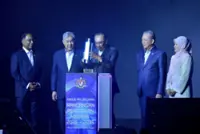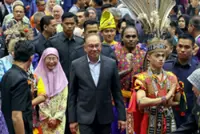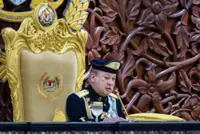National language just as important as English in higher education, scholars say
WHILE it is important to emphasise the use of the English language in this era of globalisation, Malaysians cannot ignore the use of Bahasa Melayu (BM).
Already a subscriber? Log in
Save 30% OFF The Star Digital Access
Cancel anytime. Ad-free. Unlimited access with perks.





